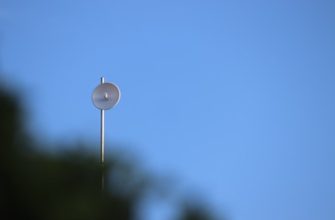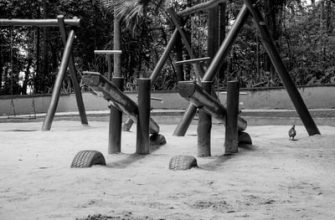Linking for search engine optimization can help you get traffic from search engines. However, there are some things you need to keep in mind when linking. First, you need to identify the pages on your website that need to be linked. Then, you need to build a structure for how the content on those pages will link together. In addition, you need to use keyword anchor text in the links. These keywords will allow your readers to find other pages on your website.
Identify which pages on your site need to be linked together
If you’re looking to improve your search engine ranking, you’ll need to identify which pages on your site need to be linked together. Links are important because they help users navigate your site and validate the relevance of the content you provide. Without them, your website will not perform as well as it could.
To determine which pages need to be linked together, look at the keywords you’re targeting on each page. It’s also a good idea to check the page’s title tag. An optimized title tag will tell users and search engines what the page is about.
A well-optimized title tag can make a big difference in user clicks. It can also help you rank for more keywords.
Use linkable keywords in your anchor text
Anchor text is one of the main indicators used by search engines to determine the relevance of links. It also provides context for users, helping them to understand what is being linked to. There are many different types of anchor texts and a few best practices to follow. It is important to get the right mix of keywords, phrases, and other relevant content to help with your SEO efforts.
There are two primary types of anchor text. These are exact match and partial match. The former is used when the target keyword is linked within the text. The latter uses variations of the keyword phrase. Using the wrong type of anchor text can hurt your SEO efforts.

If you are looking to increase your search engine rankings, it is crucial to make sure your links are high quality. This means that they are linking to relevant websites. You should also be careful not to link to spammy pages. These are prone to getting penalized by Google.
Reduce bounce rate
While there is no one set way to reduce bounce rate when linking for search engine optimization, there are many things that can be done to improve the user experience on your website. Creating a more user-friendly design, improving speed and page load time, and creating relevant content are just a few ways to increase conversions.
Optimizing your CTA can also help. It’s important to use a compelling call to action that compel site visitors to click through to your website. The best calls to action include an eye-catching headline, bullet points, and an offer that’s compelling enough to make visitors want to buy something.
Another strategy to reduce bounce rate when linking for search engine marketing is to have an easy-to-navigate navigation menu. This will allow visitors to quickly find what they’re looking for.
Implement internal linking in WordPress
If you’re trying to get your WordPress site to rank well, you might want to implement internal linking for search engine optimization. The idea behind internal linking is to help users navigate your site and find related content. It can also enhance your user experience (UX) and boost your page ranking.
When you’re implementing internal links, you need to think about context. This means the pages you’re linking to, and the content on those pages. Ensure that your internal links are relevant and add value to readers. If you’re creating a post on a topic, for example, consider linking to a related article that gives a different perspective on the subject.
Identifying a site’s ‘power’ pages can help improve rankings. These pages have high pageranks and are considered authoritative. They can then identify opportunities for relevant interlinking.








